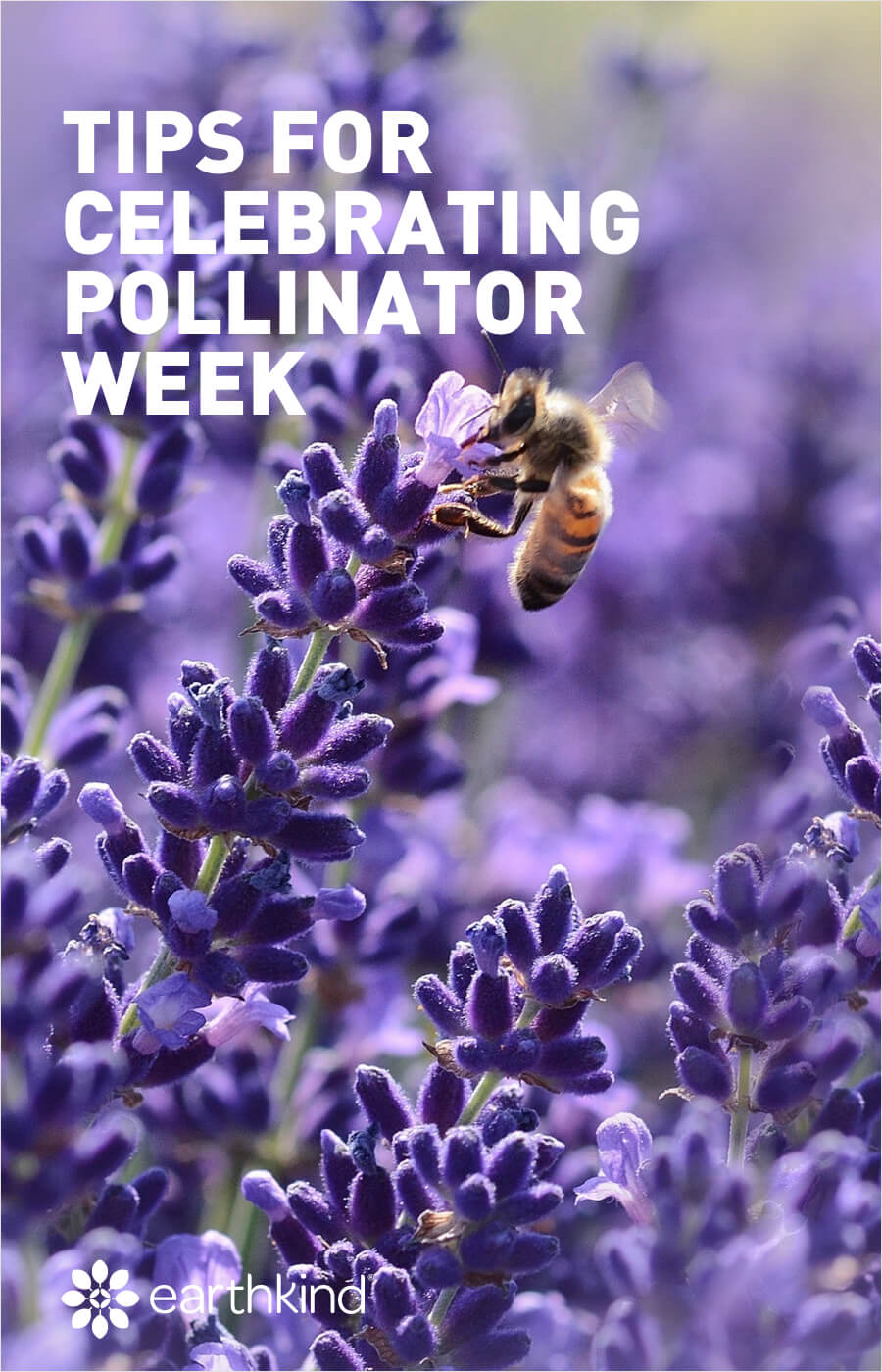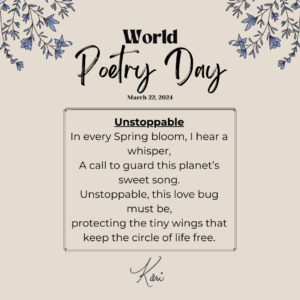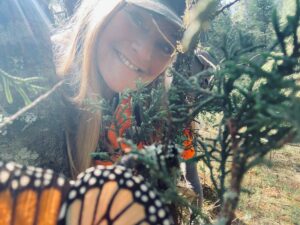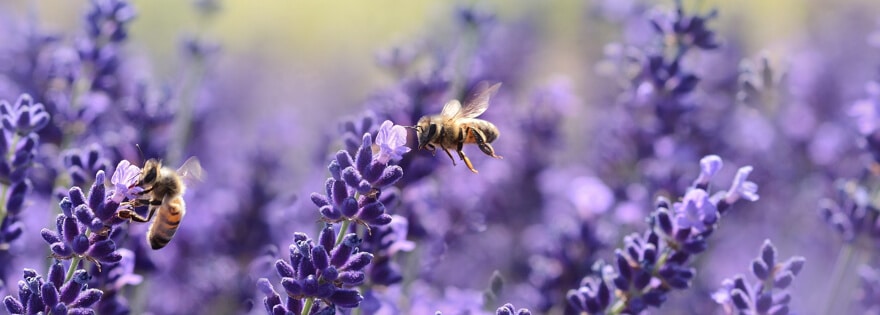
Did you know that June 17 – June 23 is Pollinator Week? Today kicks off a weeklong celebration of Mother Nature’s little helpers – the bees, bugs and little mammals that help maintain nature’s delicate balance. Without pollinators, agricultural economies, our food supply, and surrounding landscapes would collapse. Not to mention the beauty we would miss without buzzing bees, fluttering butterflies and all the other creatures that contribute to our ecosystems.
To sustain our precious planet, pollinator health needs to be a priority for each and everyone of us. Here are a few things you can do today:
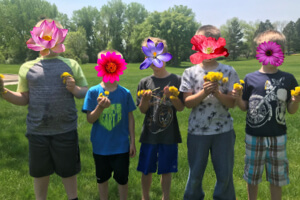 1. Dandelions are dandy.
1. Dandelions are dandy.
When these flowers pop up in grass and lawns, some people think of them as weeds. Truth be told, a weed is just a flower growing in the wrong place. Dandelions are quick to bloom, oftentimes making them one of the first signs of spring. They are an important food source for bees and other bugs coming out of hibernation and are often the first flower a child ever picks as a gift for Mom. Let’s give Mother Nature a gift and let these little beauties grow!
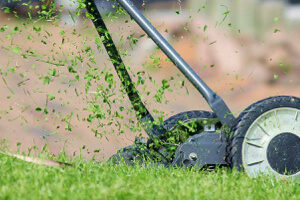 2. Use grass clippings in the garden.
2. Use grass clippings in the garden.
Instead of turning to chemical products for your lawn and garden, try using grass clippings instead. Short grass clippings will break down and act as a natural fertilizer for your lawn. You can also use them like mulch in the garden, placing them around the base of plants needing protection from snails and slugs. Just make sure the clippings don’t contain any weed killer (like those intended to get rid of dandelions) – this could harm your plants and our pollinators.
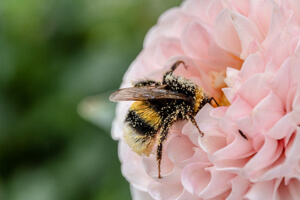 3. Plan for pollinators.
3. Plan for pollinators.
Include native plants, flowers and herbs in your garden. Plant flowers in clusters, making it easier for bees and other pollinators to find their targets. Consider leaving a water source for our little friends to grab a refreshing drink (but make sure to change the water weekly so mosquitoes don’t take hold). You can even add adorable bee houses to your yard since there are over 4000 types of bees that don’t make use of hives.
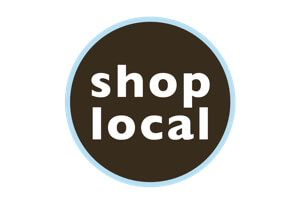 4. Buy local.
4. Buy local.
Buying local honey supports beekeepers in your area, and has a host of health benefits like boosting the immune system and building immunity to allergens. If possible, buy organic products to help reduce the use of pesticides in agriculture. Choosing other local products also helps reduce carbon emissions.
5. Bee kind!
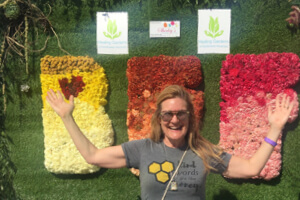 Speak up for our little friends who don’t have a voice of their own. Find out if your local representatives support pollinators by co-sponsoring Saving America’s Pollinators Act (SAPA). If they have, use the occasion to thank them for their leadership on this critical issue. If not, reach out and ask for their help.
Speak up for our little friends who don’t have a voice of their own. Find out if your local representatives support pollinators by co-sponsoring Saving America’s Pollinators Act (SAPA). If they have, use the occasion to thank them for their leadership on this critical issue. If not, reach out and ask for their help.
While you may not want to see these little critters in your home, we certainly need them working away to sustain our ecosystems and produce natural resources by helping plants thrive. That’s one of the reasons I started EarthKind – to find ways to work with nature while loving life and living kind!
Instead of killing or poisoning these beautiful bugs, use StayAway® eco-friendly pest prevention pouches, designed to keep them in their outdoor home, not in yours.
